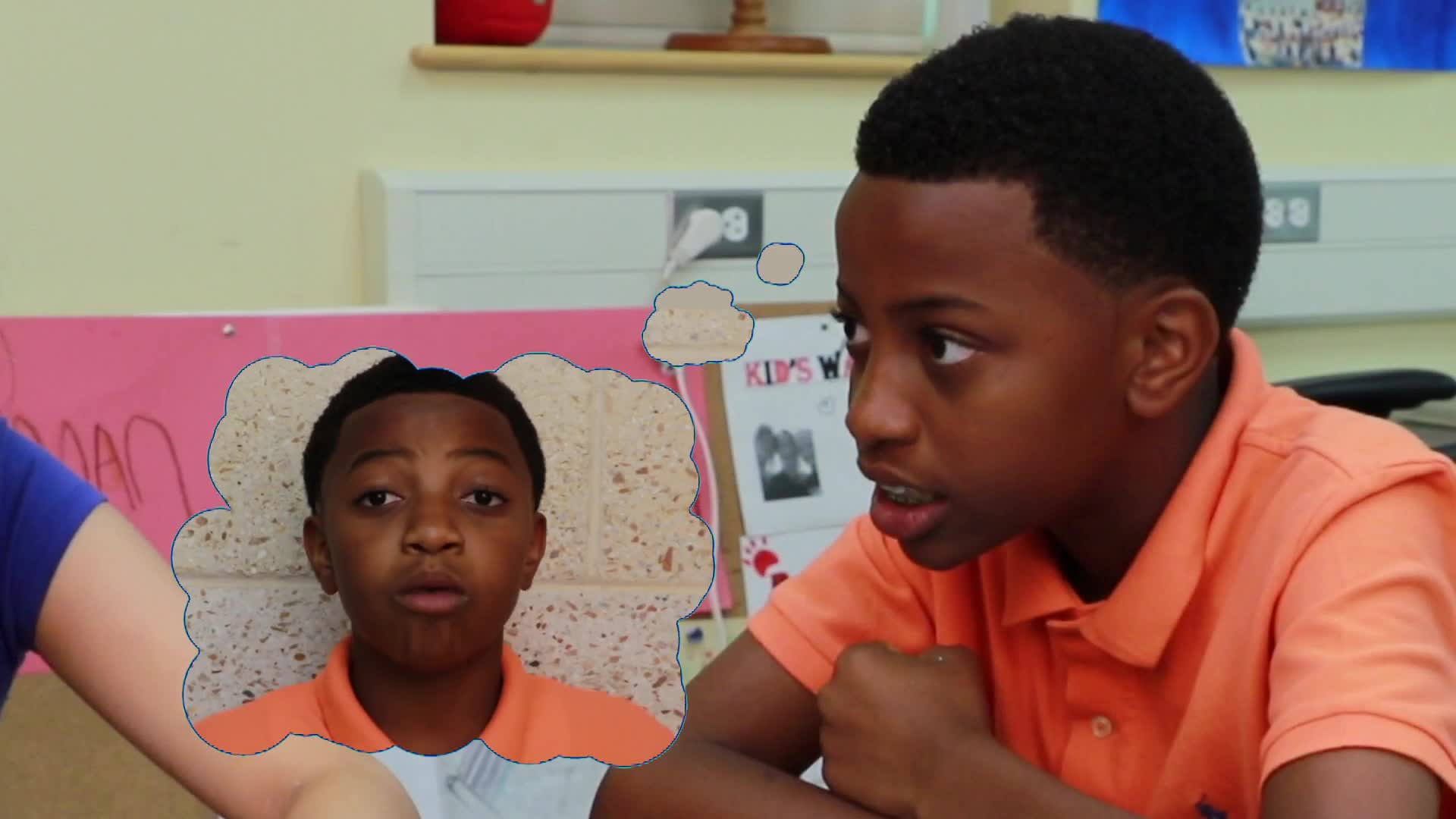Introduction
As educators, we play a crucial role in teaching our students essential social-emotional skills that will help them navigate through life. One such skill is learning to accept ‘no’ for an answer and understanding that not everyone always wants to do the same things as us. This is particularly important for students in Special Education, who may need extra support in developing these skills. In this blog post, we will discuss an easy-to-implement, no-prep activity that helps students practice accepting ‘no’ for an answer, followed by discussion questions, related skills, and next steps.
No-Prep Activity
This activity is designed to help students understand the importance of accepting ‘no’ for an answer and respecting others’ choices. It requires no preparation or materials from the educator and can be easily adapted to suit the needs of your students.
- Divide your students into pairs.
- Ask one student in each pair to think of an activity they would like to do (e.g., playing a game, drawing, or reading).
- Have the other student in each pair say ‘no’ to the proposed activity and offer a reason (e.g., they need to study, they are tired, or they prefer another activity).
- Now, the first student should practice accepting the ‘no’ for an answer by saying something like, “That’s okay. Maybe we can do it another time.”
- Switch roles and repeat the process.
- After both students have had a chance to practice, bring the class back together and discuss their experiences.
Discussion Questions
- How did it feel to say ‘no’ to someone else’s suggestion? How did it feel to hear ‘no’ from someone else?
- Why is it important to accept ‘no’ for an answer and respect other people’s choices?
- How can we show understanding and empathy when someone says ‘no’ to our suggestions?
- Can you think of a time when you had to accept ‘no’ for an answer? How did you handle the situation?
- What are some strategies we can use to cope with disappointment when someone says ‘no’ to us?
Related Skills
Besides learning to accept ‘no’ for an answer, there are several other related social-emotional skills that students can benefit from practicing:
- Empathy: Understanding and sharing the feelings of others.
- Active listening: Paying attention to what others are saying and responding thoughtfully.
- Assertiveness: Expressing one’s feelings, needs, and opinions in a respectful and confident manner.
- Conflict resolution: Solving disagreements and conflicts in a peaceful and constructive way.
- Respecting boundaries: Recognizing and respecting the personal limits and boundaries of others.
Next Steps
Teaching students to accept ‘no’ for an answer is an important aspect of Social-Emotional Learning, and implementing the no-prep activity and discussion questions provided in this blog post is a great start. For more resources and ideas, we encourage you to sign up for free samples of skill-based activities and lessons at Everyday Speech. By incorporating these strategies and materials into your teaching, you can help your students develop essential social-emotional skills that will serve them well throughout their lives.






